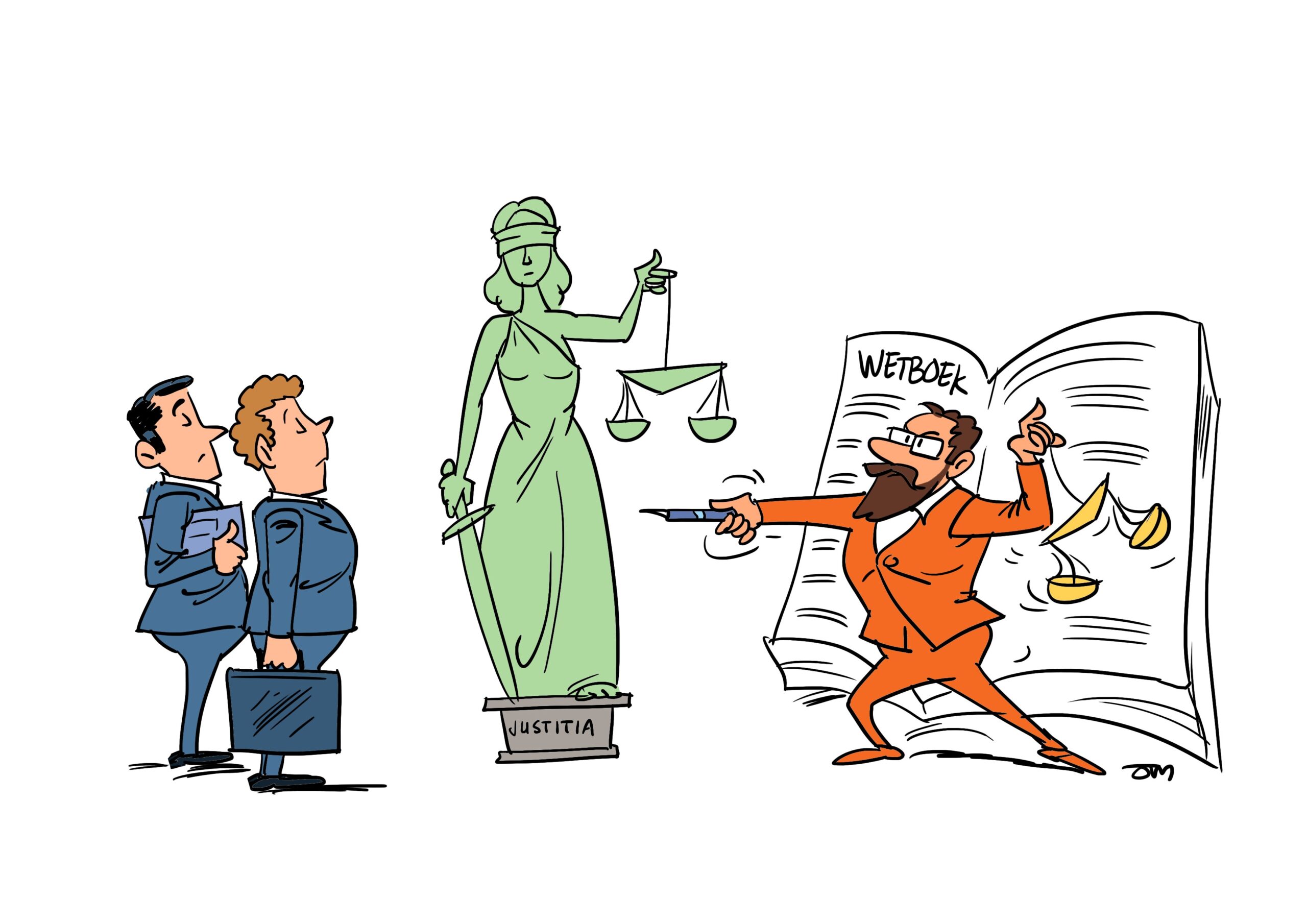Holiday pay
The month of May is a special month for employees in the Netherlands, as this is the month the holiday pay is being paid. Holiday pay is a 8% amount over the employees gross salary, accrued over the year and payable in either May or June. If paid in May, the employee is to be paid 8% over the salary earned with the current employer during the period June – May of the past 12 months. In other words, the employee is paid another month of salary. However, this is not referred to as a 13th month salary. This is referred to as holiday pay. Holiday pay is set by law. You can only make different arrangements if this is clearly stated in the written employment agreement signed by the employer and the employee.
Employers from abroad and or employees from abroad find the holiday pay not always easy to understand, hence they prefer to have it paid already per month. That is possible, if stated in the employment agreement.

The holiday pay is subject to the special tax rate referred to as bijzonder tarief. What does it imply?
The special tax rate is lower tax rate then the 52% tax bracket we have. Until recent years the special tax rate actual was a rate you could mention. Due to simplifying the rules on the one site and compensating this simplification to make it budget neutral for the Government on the other site, the special tax rate percentage has become a rather complex calculation. Hence we refer in this article to the term special tax rate without mentioning the actual rate, as it is different for every employee.
The special tax rate applies to certain parts of your salary that are only paid one time per year on a yearly basis. For instance holiday pay, a bonus payment if you are only paid a bonus once per year and other remunerations under the condition that these payments are only paid to the employee once per year.
Using the special tax rate is a choice and this choice can only be made if the amount of tax should not be higher, then the actual rate being applied.
Example
Your annual income is EUR 60.000, which is in the 52% tax bracket. If then the special tax rate is for instance 48%, not enough wage tax was withheld by the employer and you will be due the 4% difference at the end of the year. The employer should in this case not choice to use the special tax rate, being a good employer.
How can a special wage tax rate create issues?
The easiest and most common example of the special tax rate going wrong is when an employee joined the organization in the previous year later than January 1 of that year. That implies the employee has not been the full year employed by the employer.
In the payroll administration the previous year payroll was not a full payroll. For instance the employee has a EUR 90.000 annual gross salary and started its employment in November. That implies November and December is he has earned EUR 15.000 with this employer.
In the follow up year in the payroll administration needs to be indicated the annual salary of the previous year. The wage tax legislation explicitly states that this salary should be calculated as if the employee was employed the full previous year, being EUR 90.000 salary, but the system sees EUR 15.000 and uses this for the special tax rate calculations.
The May holiday pay comes, this employee receives EUR 4.200 tax at 33% (wage tax rate applicable to EUR 15.000) being EUR 1.386, whereas that should have been EUR 2.184 (52%), hence EUR 798 is not withheld enough. Small amount, but still annoying for the employee to pay at the end of the year in the income tax return when the employee was not expecting this.
It can be even worse when this employee turns out to be an excellent employee and he earned a EUR 50.000 bonus. This will be taxed again at 33% being EUR 16.500 whereas that should have been EUR 26.000. That is EUR 9.500 short, which the employee need to pay when the income tax return is being filed.
Why do I need to pay income tax?
This is one of the most frequently asked questions when the income tax return is being presented and the client did not expect tax to be due. There are numerous reasons among which a mistake made in the payroll. Then not enough wage tax was being withheld. In other words, the employee received a too high net salary.
Orange Tax Services
We process a substantial number of income tax returns and some result unexpectedly for the client in a tax return where the clients needs to pay income tax to the Dutch tax office. The immediate question asked by the client is why. The why can be in Box 3 wealth tax, in too much preliminary refund received for the mortgage, additional income being earned, multiple employers all taking into account the employee discounts, or a mistake made in the payroll of the employer.
We explain to the employee what we think is causing the amount of income tax to be paid. If it is due to multiple income or wealth tax, then this is a luxury problem. If due to some sort of a mistake, it is a annoying problem.
We try as much as we can to prevent these situations in both the preliminary refund requests for mortgages and the payroll. In the preliminary refund request we take into account a margin, that is balanced in the income tax return. And in the payroll we try to prevent mistakes by checking the previous year salary details and not using the special tax rate if it does not apply. But then again, nobody is without mistakes, it is how you cope with them.




